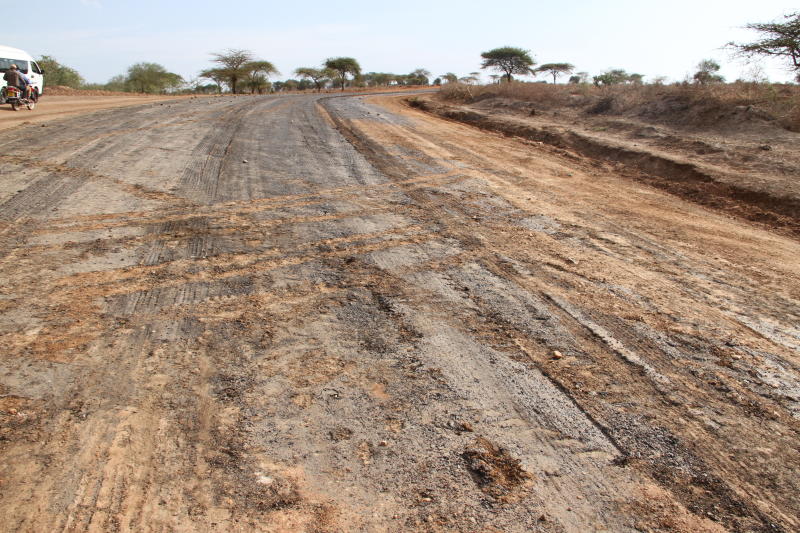×
The Standard e-Paper
Join Thousands Daily

The Government has rejected a resolution by Parliament dictating that in every financial year, every constituency must have at least 20km of its roads paved to bitumen standards.
According to Parliament’s committee on implementation, the resolution, which was passed in 2013, was to ensure uniformity across the country where all constituencies benefit equally from the Treasury’s road kitty.